
A leap forward in personal protection
- 2021-04-16
- 2364
Facemasks usually fall within one of three categories: FFP, medical masks, and fabric masks. Medical masks offer the highest protection; FFP offer better adherence; cloth masks are the most environmentally friendly. All three are breeding grounds for bacteria if not used properly. In this context, the Livinguard PRO MASK created a class of its own, offering the best of each of these three categories with the highest safety, adherence and sustainability profile, plus the power of self-disinfection.
FFPs are designed as disposable masks for occupational safety and are certified as particulate respirators according to the European standard EN 149:2001. They provide perfect adherence to the face and two-way protection, filtering both outgoing and incoming air. The level of protection provided by an FFP mask is determined by the type of filter used. FFP2 masks provide at least 94% filtration, but are not designed to be reused. They should only be worn for up to 75 consecutive minutes at a time and for a total of up to four hours per day, as they can make it difficult for the wearer to breathe.
Medical masks comply with the European Medical Device Directive EN 14683:2019 and are designed to protect third parties from droplet transmission. These masks provide at least 95% filtration. They usually do not provide a snug fit around the mouth and nose, meaning that the wearer is not correctly protecting herself, as particles can enter easily on both sides of the mask. The performance of both FFP2 and medical masks is measured by the possibility of the passage of particles and by their materials. In addition to the risk of transmission and droplets for the wearer and third parties, the medical mask carries a risk of contamination, as the material allows viruses to adhere to the surface of the mask. For this reason, disposable surgical and FFP2 masks are single-use products that must be replaced every four to six hours.
Non-medical masks are usually made of textile fabrics and are reusable and washable. These masks are not subject to special standards, but they must ensure that the mouth and nose are covered. Their most significant limitations are related to the risk of infection contamination masks and the lack of filter performance. Moist tissue is a breeding ground for bacteria, and so are masks which are not properly stored or washed.
-
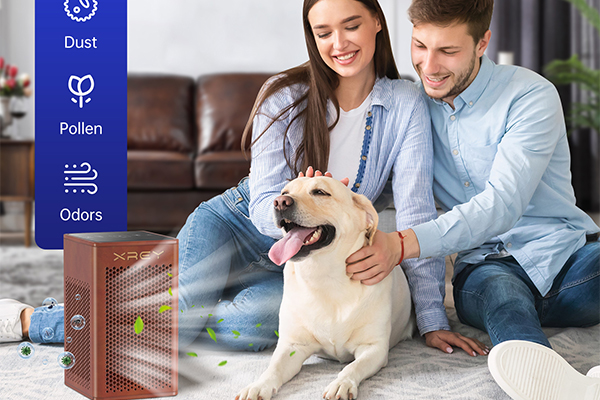 2022-04-26Are air purifiers environmentally friendly ?
2022-04-26Are air purifiers environmentally friendly ? -
 2022-04-26The importance of wearing a mask correctly
2022-04-26The importance of wearing a mask correctly -
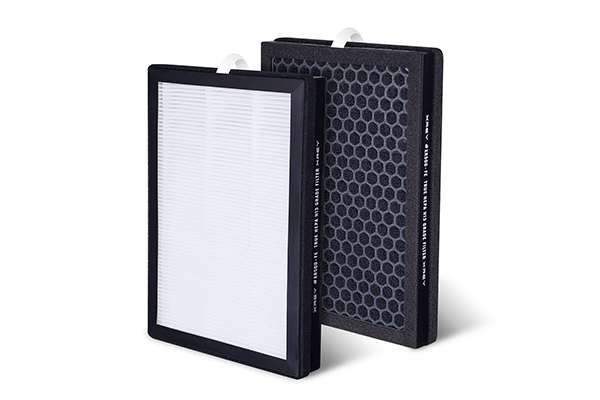 2022-04-27Connexions Air H13 True HEPA Filters
2022-04-27Connexions Air H13 True HEPA Filters -
 2022-04-29What is the use of anion function of air purifier?
2022-04-29What is the use of anion function of air purifier? -
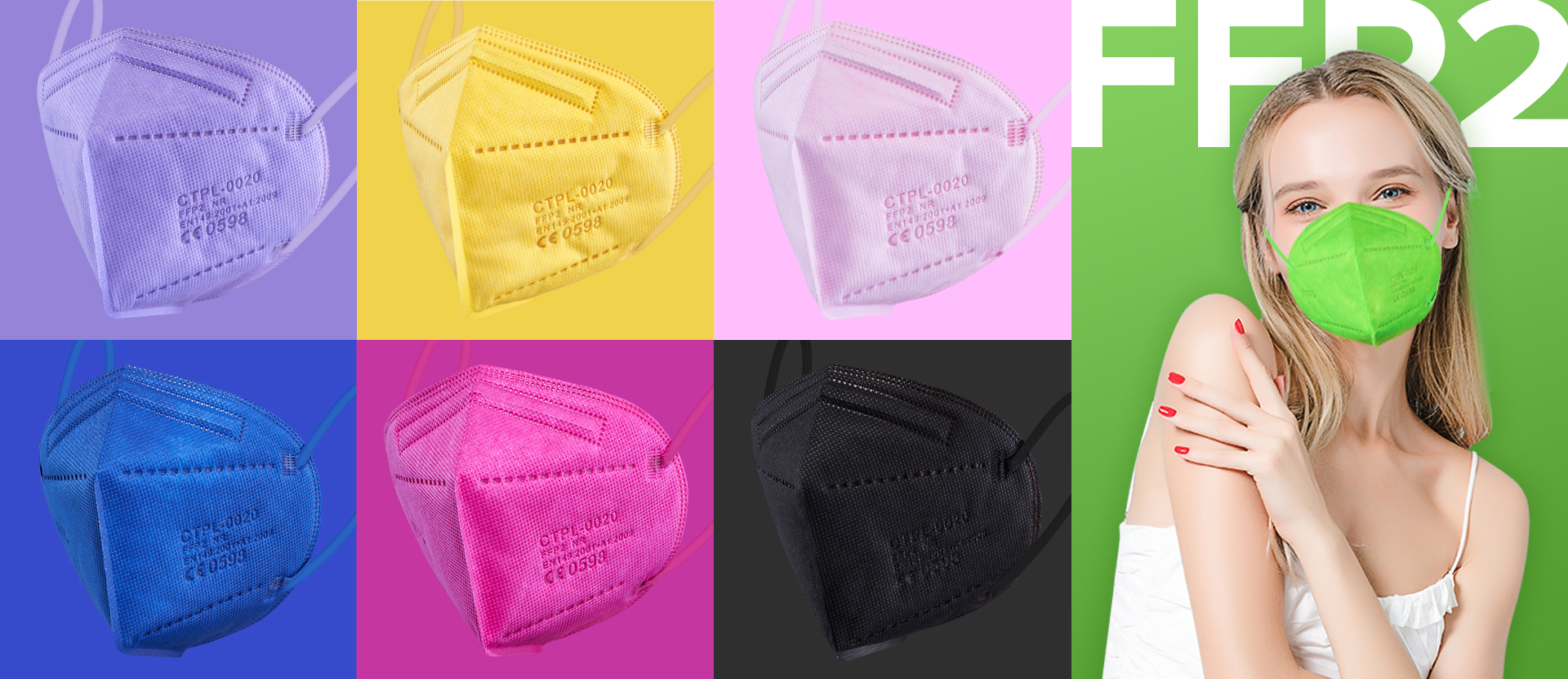 2022-05-08Standardize the wearing of masks, children should not be missed!
2022-05-08Standardize the wearing of masks, children should not be missed! -
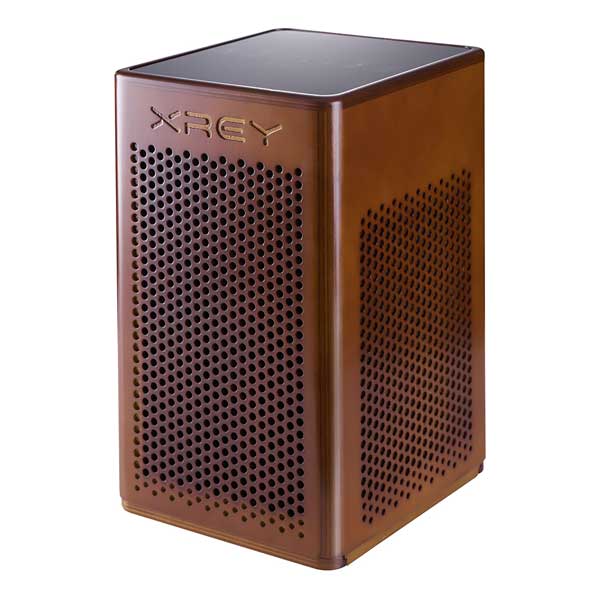 2022-05-16Hazy days, air purifiers are useful?
2022-05-16Hazy days, air purifiers are useful? -
 2022-05-16Attention everyone! Don't buy fake FFP2 masks! How do we identify?
2022-05-16Attention everyone! Don't buy fake FFP2 masks! How do we identify? -
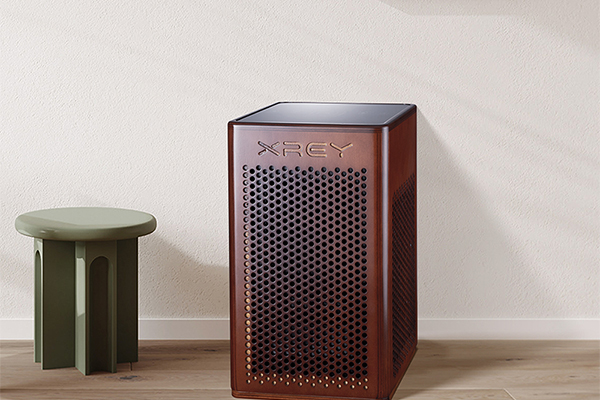 2022-05-17Pay attention to secondary pollution when using air purifiers
2022-05-17Pay attention to secondary pollution when using air purifiers -
 2022-05-17TOP5 pollutants that the purifier can purify
2022-05-17TOP5 pollutants that the purifier can purify
-
 2020-06-02Why do Face Masks Matter With This Coronavirus
2020-06-02Why do Face Masks Matter With This Coronavirus -
 2020-06-02How to Wear Mask
2020-06-02How to Wear Mask -
 2020-06-02Three Principles of Choice of Masks
2020-06-02Three Principles of Choice of Masks -
 2020-06-022020 Situation of Mask Market
2020-06-022020 Situation of Mask Market -
 2020-06-17What other preventative measures can you take to protect yourself from airborne substances?
2020-06-17What other preventative measures can you take to protect yourself from airborne substances? -
 2020-06-08The Advantage of Disposable Face Masks
2020-06-08The Advantage of Disposable Face Masks -
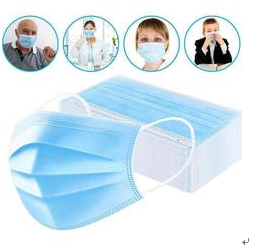 2020-06-093 Ply Disposable Face Mask & Soft & Comfortable Ear Loop
2020-06-093 Ply Disposable Face Mask & Soft & Comfortable Ear Loop -
 2020-06-17What are the regulations for surgical face masks?
2020-06-17What are the regulations for surgical face masks? -
 2020-06-09Do I need to wear a face mask if I am quarantined?
2020-06-09Do I need to wear a face mask if I am quarantined?
CONTACT US


Connexions Technology (Dongguan) Ltd.
We are always providing our customers with reliable products and considerate services.
If you would like to keep touch with us directly, please go to contact us
